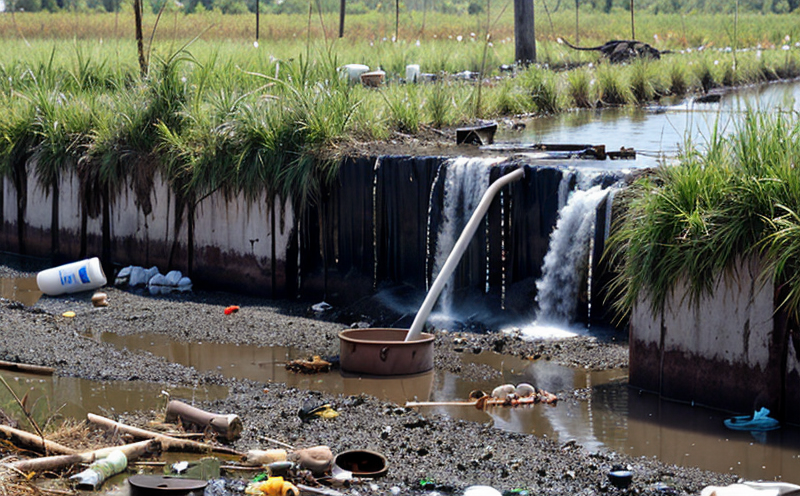Infant Formula Pollutant Testing
In today’s world, ensuring the safety and quality of infant formula is paramount. This service focuses on identifying potential pollutants in infant formula to safeguard infants from harmful contaminants that could compromise their health and development.
The testing process involves a series of rigorous analyses aimed at detecting trace levels of pollutants such as heavy metals (lead, cadmium, arsenic), pesticides (DDT, organochlorines), dioxins, furans, polychlorinated biphenyls (PCBs), and other potentially harmful substances. These tests are critical in maintaining the highest standards of infant formula quality.
The methodology employed includes the use of advanced analytical techniques such as Inductively Coupled Plasma Mass Spectrometry (ICP-MS) for metal analysis, Gas Chromatography-Mass Spectrometry (GC-MS) for volatile organic compounds and pesticides, and High Performance Liquid Chromatography (HPLC) for dioxins and furans. Additionally, Fourier Transform Infrared Spectroscopy (FTIR) is used to identify a wide range of potential contaminants.
Sample preparation steps are crucial in ensuring accurate results. This involves thorough homogenization of the sample followed by extraction methods tailored to isolate specific pollutants. The choice of extraction solvents and conditions can greatly impact the success of these tests, hence meticulous attention is given to this step. Once extracted, samples are purified using various techniques such as solid-phase extraction (SPE) or liquid-liquid extraction (LLE).
The testing process also includes compliance with international standards such as ISO 17025 for laboratory accreditation and EU directives on food safety. The results are reported in accordance with these standards ensuring that the data is reliable, reproducible, and meets regulatory requirements.
This service not only ensures consumer trust but also helps manufacturers maintain a competitive edge by demonstrating commitment to product quality and safety. Regular testing of infant formula for pollutants can prevent recalls and associated costs, protect brand reputation, and uphold public confidence in the company’s products.
- Reduces risk of contamination-related illnesses
- Meets international regulatory standards
- Ensures product safety compliance
- Improves customer trust and satisfaction
- Facilitates informed decision-making by regulatory bodies
Why It Matters
Infant formula plays a crucial role in the nutrition of infants, especially those who are exclusively breastfed. Any pollutants present can have serious long-term effects on their health and development. Exposure to heavy metals or pesticides can lead to developmental delays, cognitive impairments, and other health issues.
The safety of infant formula is not only a commercial necessity but also an ethical responsibility towards the consumers who trust these products with the care of their children. By conducting regular pollutant testing, manufacturers can ensure that they are providing safe, high-quality products to the market. This service helps in maintaining public health and ensuring compliance with stringent regulations.
Moreover, this testing service supports regulatory bodies by providing them with reliable data on the safety profile of infant formula. Such information is essential for making informed decisions about product approval and market surveillance.
Why Choose This Test
- Accurate identification of trace pollutants using advanced analytical techniques
- Compliance with international standards ensuring reliability and reproducibility
- Customized sample preparation methods to optimize detection sensitivity
- Rigorous reporting protocols meeting regulatory requirements





